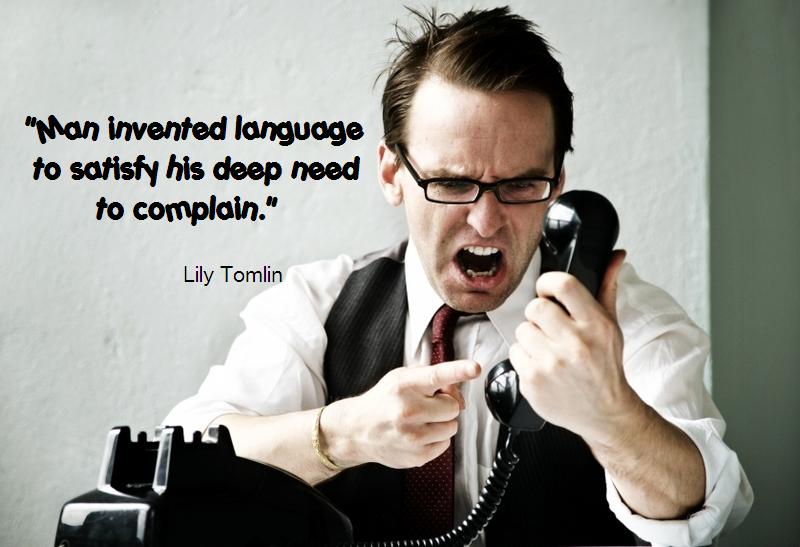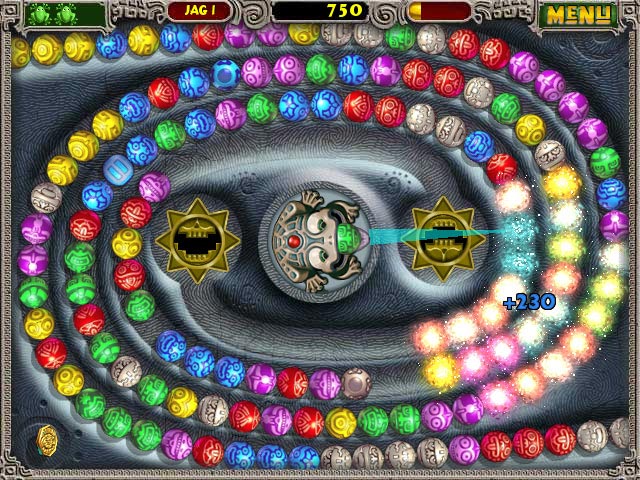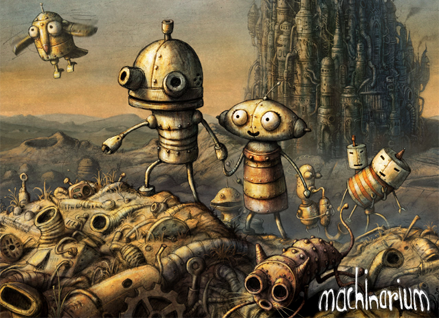
Something I’ve been thinking about for a while is what I think videogames are really worth. When I was a kid, videogames were traditionally $40 brand new and would often go down in price within a year. Now, while the pricing scheme is usually the same, just scaled to $60 instead of $40 to start, I’d like to point out that a lot of games REALLY aren’t worth $40, let alone $60.
Now we have an interesting situation where there are both indie and mainstream titles being sold at considerably less, such as $30, $15, $5, or even $1 in many cases. There’s also free to play, which basically relies on giving you samplings of the game and then much more if you choose to “invest.” This has led to a number of questions, all of which I’m going to attempt to tackle right now.
“Oh come on. It’s from indie studio X/only costs $X, can you really complain about it?”

Yes. This is a fairly weak argument, so I’ll be brief. Breath of Death 7 is an incredible, oldschool RPG that makes fun of both itself and many different games all at once. It’s got oldschool graphics, is very funny in general, and is a definitive RPG with many options and features. It’s also only $1. Cthulu Saves the World was made by the same developer and initially it was only $3, now you can get both for less than that. CStW is also much better than BoD7 in my opinion.
How would I have priced these games? Easily $5 per, but developer Zeboyd decided NOPE and instead priced it ridiculously lower…and has made a ridiculous amount of profit, both from XNA and Steam alike. A game is a game is a game. It doesn’t matter if it’s free or priced at $60, it will still be scrutinized for what it does right and also not so much. Economically speaking, I don’t think BoD7 would’ve taken off like it did if it was priced at $60 obviously and therefore wasn’t WORTH $60, which brings me to…
“Ah, I just don’t buy games until they’re the price I want them at.”

…to buy that new fucking game.
To a degree, Steam counteracts this. They have pre-order sales, midweek madness sales, weekend sales, and all kinds of cool stuff. You can also set up a wishlist (I think mine’s still at 50 games) and regularly check up on it to see if your most wanted games have dropped in price, are on sale, etc. Plus, you don’t even have to go anywhere. It’s accessible right there in your living room and, much like XBLA and PSN, is very quick and able to provide you exactly what you want, exactly when you want it.
But there’s a problem with this kind of mindset. Let’s say a brand new action game came out and it’s priced at $60. Well, I’m mostly an RPGer, so there’s a good chance I won’t pick it up. Sure, I would love to rent it, but come on, there’s nowhere to rent shit anymore. The problem I have with most action games is I know I’ll probably just beat them in a weekend anyway or get only a moderate amount of satisfaction out of them, so I don’t see the point in picking one up for $60.
An RPG I can justify. Even though I only beat about half of them (if you go by every game I’ve ever played anyway), I always get several hours of content out of them. It’s easier to justify paying $60 for an RPG that could just be meh than an action game that could be absolutely amazing. This is because, with a few rare exceptions like Just Cause 2, typically action games are meant to be quick, provide only one thing, and then get the fuck out.
And there’s nothing wrong with that, but usually I would reserve that sort of game to the $30 bracket. Problem is, if it’s only for $30, you can suspect the quality probably won’t be that of a $60 triple A title. So to a degree, this goes back to the original question. Alright, here’s the deal. Even if it was an RPG that was greater than 100 hours in length and had an incredible story, I don’t think an 8-bit, turn-based RPG would sell at $60. $30 maybe, but that’s still pushing it.
Actually, if you want to know how I view the pricing scale of games today, it’s as follows…
Action – Adventure – Brawler – Fighter – RTS – TBS – RPG – SRPG

I have no idea where to put puzzle games
You’ll notice a couple of genres are missing and no, it’s because I don’t play/like them. Most FPSs and 3PSs can be lumped into the action category. By adventure, I typically mean ye olde point and click. A fighter is one on one and a brawler is you vs. the world. Since a brawler can typically be beaten in a weekend, it’s lesser scale. A fighter is greater because even though like an action game it only provides the one thing, you can play it with your friends, typically online, and there are endless hours of content as a result.
I’m not a big fan of RTSs, but the same rules apply as the fighter except it’s much more expansive. Turn based strategies usually last you much, much longer. RPGs are usually very long games that are full of cinematics, memorable scenes and characters, and try their damndest to tell a story. SRPGs take that much longer because of the added strategy aspect and usually revolve around grinding.
Survival horror can be lumped in with adventure and sports games…well, I don’t really play sports games anymore, so it’s anomalous. What I mean is if it’s something you play the shit out of with your friends, obviously it could be well above RPGs, but if it’s something you only play every so often…yeah, you get the idea. In any case, buying a game brand new and as close as possible to the developer themselves, the better.
Why? It will encourage further distribution, immediately start paying back publishers and such, validate their work, and give them further incentive to make games just like it as well as continue making games in general. Now that doesn’t mean that if we simply ignore EA for a year that they’ll go away, but it does mean that especially smaller indie developers can thrive and flourish.
Besides that, the whole “buying when the price is right” mentality also implies you’ll buy used copies instead of brand new ones. Now…if the game’s already been out a while and basically already earned its keep, go nuts. Sure, at that point, even the new copies should be cheap, but seriously, it probably doesn’t even matter at that point.
“Indie developers are sooooo much better than mainstream. In fact, I shell out all my cash to them regardless of what the game is.”

Yeah, but it’s no Monkey Island
A while back I did some articles I called “Shitty Indie.” The idea was every week I’d go in, find 5 indie games on XNA I really liked and 5 that were similar, but I really hated. I would start with one I hated, then say “instead try this” and offer the one I really liked. The strangest part is usually the two titles were identical in price or the good one was actually cheaper in many cases.
The idea was these games are basically the same cost, independently made…so why the fuck didn’t developer X give as much of a shit about the final product as developer Y? Which again, that leads back to the first question. If I can get a 4 star game for $5 vs. a no star game for $5, GEE I WONDER WHICH I’M GOING TO PICK. Unless it’s a case where you know the dude that made it and you’re simply trying to help his project, the choice is fucking obvious.
Furthermore, while I feel my childhood slowly dying everytime Square-Enix releases something like Final Fantasy 13, Final Fantasy Dissidia, or Last Remnant, that doesn’t mean they aren’t still capable of good games, aren’t partnered with other excellent developers, or that all mainstream games should be ignored. EA’s been the focal point of a lot of hate, but without them, could Bioware have had the funding necessary to make Mass Effect.
And even if the series ended on a sour note, wasn’t the journey worth it? Think about how many shitty endings there were on otherwise incredible NES games. Yeah, shitty endings seem to be on the rise, but the same is true even in indie titles. Really, I get the mentality of providing preference to indie developers because they lack resources and such, but to turn your back on mainstream is just goddamn stupid.
Conclusion

…you might want some lube.
Developers and publishers alike are starting to realize the value that lower prices (or no prices) and independent projects are having on the gaming populace and are attempting to compensate as a result. We as gamers also need to compensate with smarter buying decisions and maybe even a little research into the companies and projects. Besides, maybe you’ll find more games you like that you’ve never heard about. I certainly have!



 April 24th, 2012
April 24th, 2012  gunsage
gunsage  Posted in
Posted in  Tags:
Tags: 



